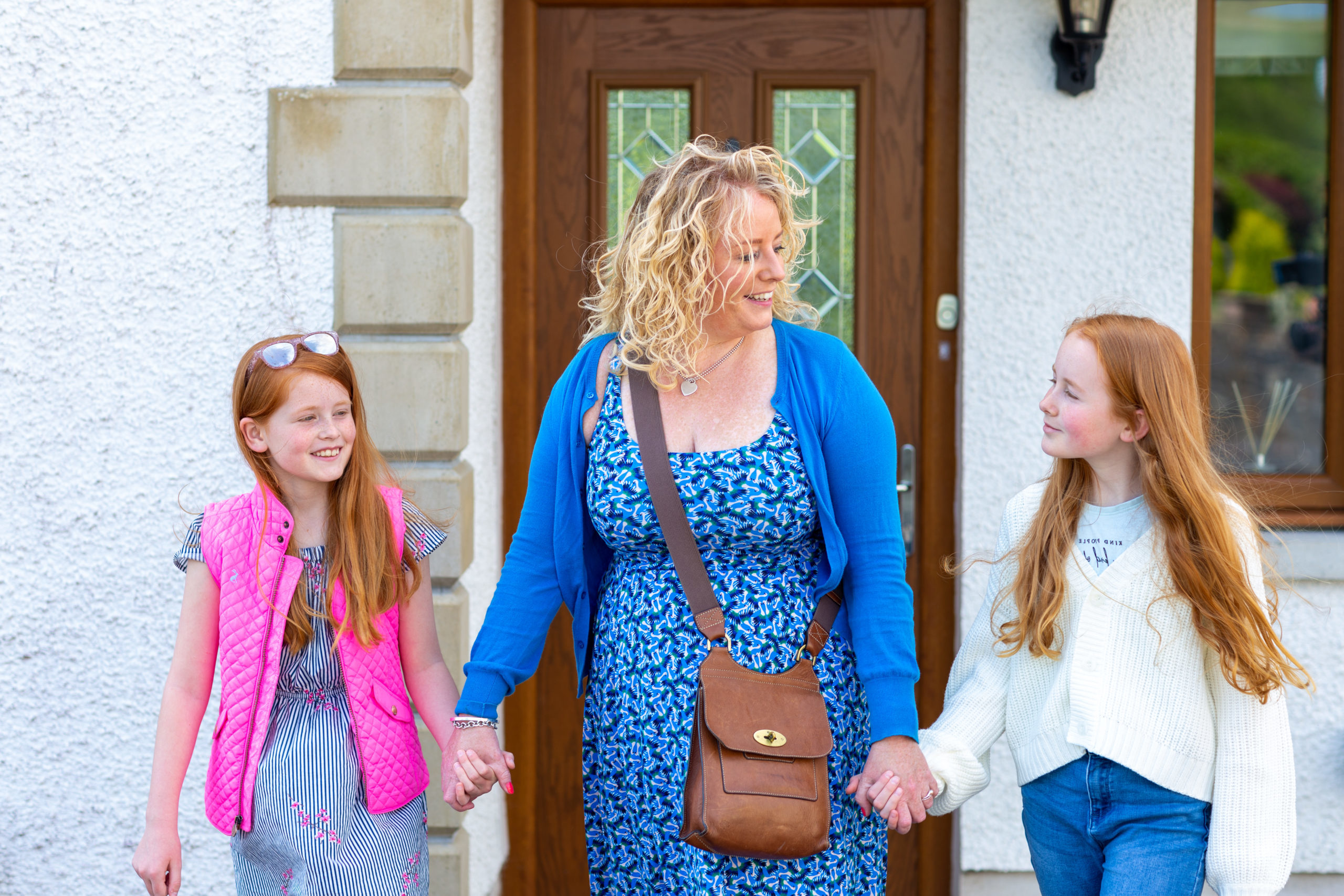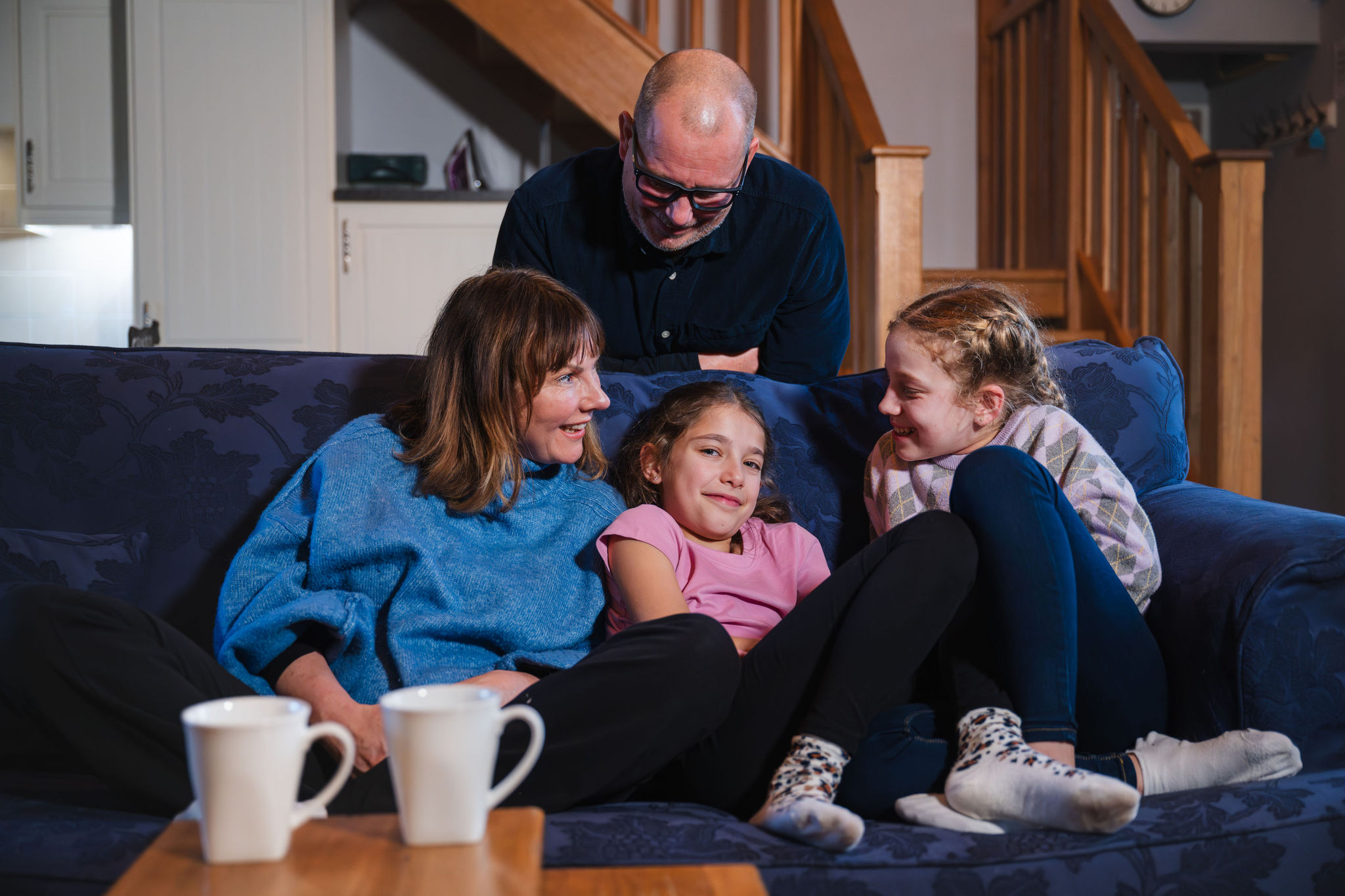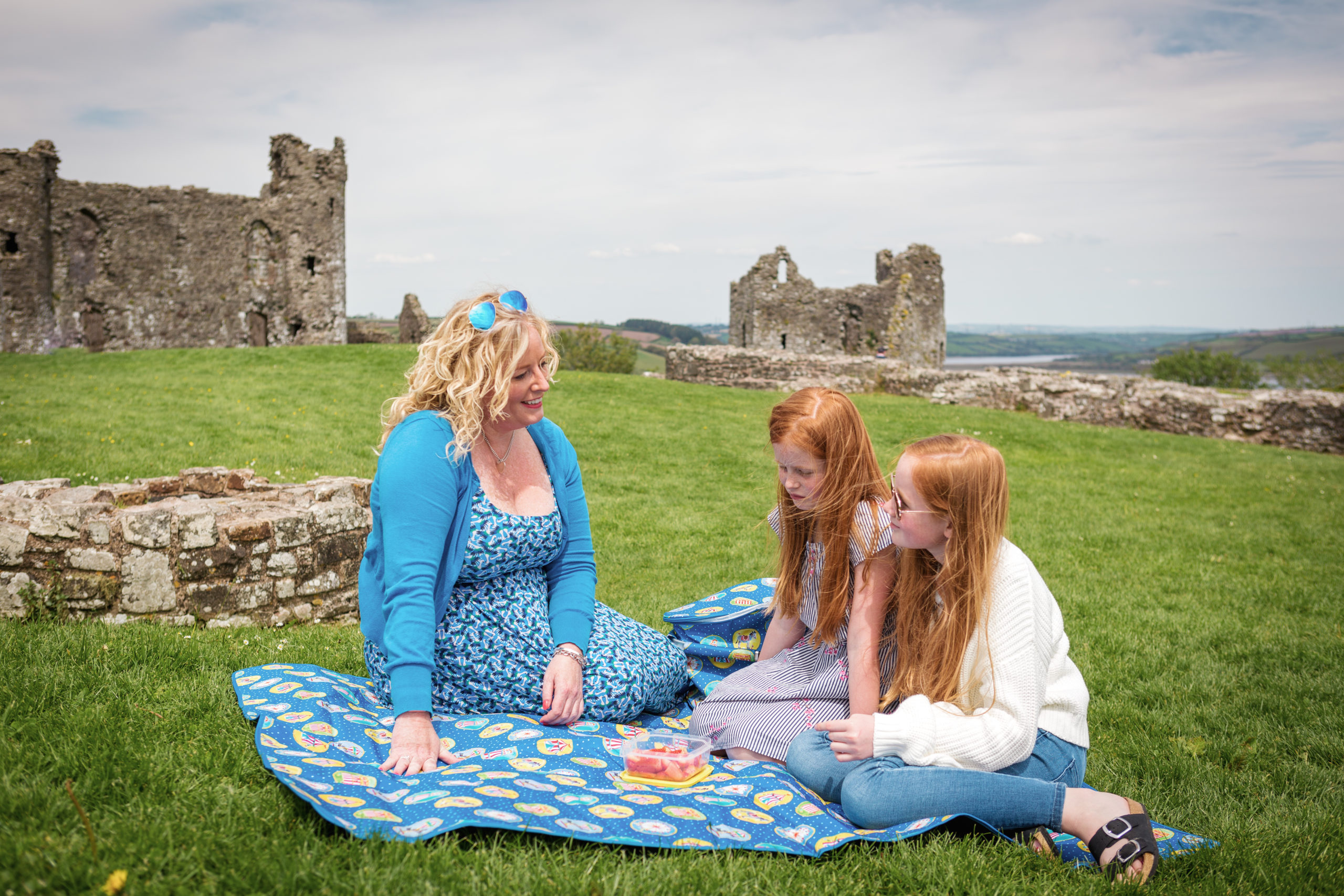ways to foster
types of fostering
types of fostering
If you’re considering becoming a foster carer in Carmarthenshire, it’s important to understand the different types of fostering. Every child or young person has different needs, and every foster carer brings something unique to the table.
There are lots of things to think about when deciding which type of fostering is right for you. Your lifestyle, your family, your skills, and your availability all play a part.
Don’t worry! Our team will help you decide which type of fostering is the best fit for you.
short-term fostering

Short-term fostering is when children and young people need care for a short period of time – this could be a few days, weeks, or up to a couple of years.
This type of fostering is often needed while decisions are still being made about the long-term plans for a child or young person. That could mean the child or young person returning to their birth family or moving to a long-term foster carer.
Short-term fostering provides a stable and supportive home while those important decisions are being made.
long-term fostering

Long-term fostering gives children and young people who can’t live with their birth families a permanent home.
This type of fostering offers stability, consistency, and emotional security over many years. It allows children and young people to feel part of a loving family, where they can grow and thrive.
Long-term fostering is a great alternative to adoption.
specialist types of fostering
Some children and young people need more specialised support due to their circumstances, health, disability, and/or emotional needs. That’s why there are several specialist types of fostering available in Carmarthenshire. These include short breaks, respite, parent and child, therapeutic fostering, and fostering for unaccompanied asylum seekers.

short breaks
Short breaks fostering is designed to support families of children and young people with physical disabilities, additional learning needs, and/or behaviours that challenge.
As a short breaks foster carer, you offer a safe and caring environment – this could be during the day, overnight, or on weekends.
These breaks are usually planned in advance, giving birth families or other foster carers time to rest and recharge. You become a trusted extension of that child or young person’s support network.

respite
Respite fostering supports birth families and foster carers by offering short-term care on a planned basis.
These placements can last from a single night to a weekend or a week, depending on the needs of the child or young person and their carers.
Respite foster carers play a key role in keeping fostering placements strong and sustainable.

parent and child
Parent and child fostering is a specialist type of fostering where a parent, sometimes both parents, and their child are cared for together.
This type of fostering helps support new parents to develop their parenting skills in a safe, nurturing environment. Your role is to guide, encourage, and monitor their progress, helping secure a better future for both the parent/parents and their child.
This arrangement can include siblings of the child who are also placed in care.

therapeutic
Therapeutic fostering is for children and young people who have experienced significant trauma, neglect, and/or loss.
These children and young people may have complex emotional and/or behavioural needs and require a high level of understanding and care.
Therapeutic foster carers will have prior experience in therapeutic care and/or working with children and young people who have experienced significant trauma, neglect, and/or loss. They receive specialist training and ongoing support to help them provide a safe, healing home.

unaccompanied asylum seekers
Some young people arrive in the UK without their family, seeking safety and a fresh start.
Fostering an unaccompanied asylum seeker means offering stability, care, and guidance as they adjust to a new country and culture.
You’ll support them in building life skills, gaining confidence, and settling into life in Carmarthenshire.
which type of fostering is right for you?
There’s no one-size-fits-all when it comes to fostering in Carmarthenshire. Every type of fostering plays a vital role in helping children and young people feel safe, supported, and valued.
If you’re not sure which option is right for you, that’s okay. As part of the assessment process, we’ll work with you to identify your strengths and abilities to help inform which type of fostering is the best fit for you.


